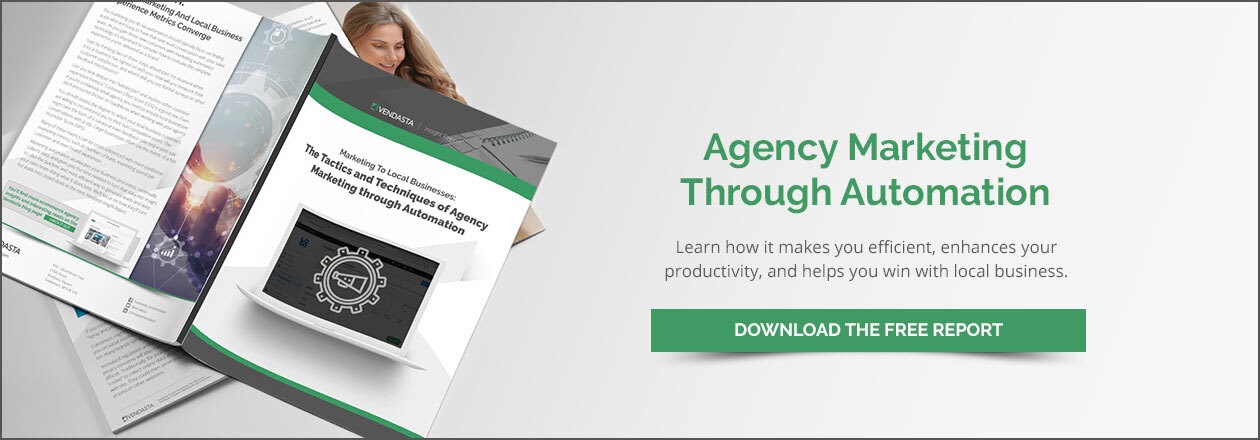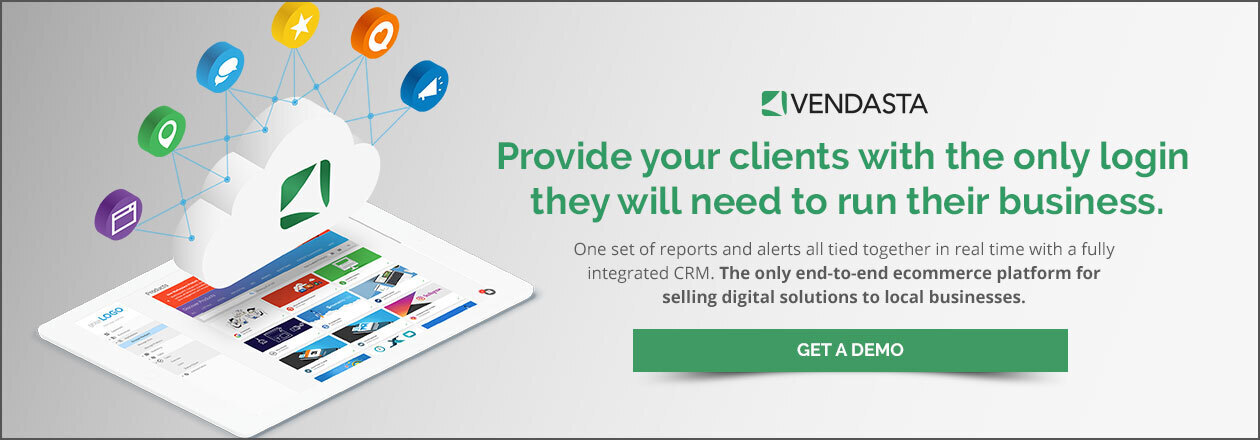Those studying the fine art have probably had the 4 Ps of marketing drilled into them.
It remains the foundation for many of modern marketing strategies, but on its own certainly no longer enough to do the job. The 4 Ps of marketing -- product, price, place, and promotion -- form a standardized tactic for marketing options based on a notion of success where the right product is given the right price, put in the right place with the right promotion.
The thought behind this tactic is keeping all those elements at the forefront of your marketing is bound to make it successful.
So let’s imagine you’re a barbecue sauce maker. It wouldn’t matter whether you were paying $100 for an ad in a local newspaper or shelling out $5 million for a TV commercial to run during the Super Bowl. Your marketing message content simply needs to talk about your product, how much it cost, where you could buy it, and ideally offer a discount if you bought in bulk.
Once you have covered the 4 Ps of marketing, the next step in your strategy might be to simply advertise the content as widely as possible. You could repurpose the same messaging developed for the 4 Ps of marketing to make a billboard promoting the barbecue sauce, record a radio ad or set up a booth to sell the sauce at a local “ribfest” event.
Spray and Pray Marketing
This has eventually come to be known as the “spray-and-pray” marketing campaign. In other words, aim your message at the masses, and hope at least some will listen and become your customers.
What’s surprising about this school of thought is that it was seldom backed up by any guarantee of business results. Sure, you might have paid for TV spots, but good luck to you in trying to estimate how many people would actually look for your barbecue sauce on their next trip to the grocery store.
Among the many things wrong with spray-and-pray marketing is that, realistically, you’re never the only brand to use spray and pray marketing. In fact, a deluge of ads can lead to the opposite of the amplification you hope to achieve. Customers might simply see you as just one among many others and, recognizing no uniqueness or differentiation, they might simply tune out.
The emergence of digital channels has now made it easier to track the performance of online marketing and determine how many people clicked on an ad, opened up an email newsletter, or shared something on social media. But it hasn’t solved the challenge of differentiation.

If you continued to rely on the 4 Ps of marketing alone, the risks associated with spray-and-pray remained. Customers might tag your email marketing messages as spam or mute you on social media. They might use ad blockers to filter out the efforts of too many brands vying for their attention when they’re browsing online.
Increased regulation and market changes in response to personal privacy concerns is also set to make aggressive customer chasing more difficult. For instance, companies traditionally dropped a bit of code or “cookie” to collect online data about visitors on their websites. This enabled them to target visitors with ads as they continued browsing on other websites.
However, Google has announced plans to do away with cookies by 2022. This will make it essential for businesses to collect “first-party” data, which is customers and prospects who “opt to” receive marketing messaging from a company. The only way to do that and help prospective clients begin delivering an outstanding local business experience is to help guide them through a detailed journey of digital transformation.
Marketing Automation
Digital transformation can encompass everything from installing a chatbot on your website to handle customer queries, to deploying a mobile app and letting employees run back-office functions from home. There is no limit to projects you could take on. Fortunately, most of what they’ll need to raise awareness around, generate demand and build a brand has been consolidated into platforms known as marketing automation.

Though there are different products and offerings in the market, in simple terms, marketing automation platforms allow companies to accelerate digital transformation by saving them the effort of starting every marketing task from scratch.
The technology makes it simple to set up landing pages on a website to promote products, track leads captured on forms, and organize the way marketing content is used across emails, social media and other online channels. Even better, marketing automation gathers intelligence about how customers respond to what’s happening to them online. This includes identifying who they are, tracking their activity, and assessing how they’re engaging with marketing content.
The 5th P of Marketing
We talked about the barbecue sauce earlier, but when you use marketing automation strategically, this is your secret sauce. It’s also how the fifth P of marketing, otherwise known as personalization, happens. Rather than approaching every customer the same way, marketing automation allows you to collect and manage data about their interests.
There might be a group of customers or prospects that tend to click on the same product pages, for example. You could segment these people and send them an email marketing campaign that puts those products first and foremost. The result creates a feeling of a more one-on-one experience than the spray-and-pray approach. The message you’re offering is consultative advice you give them when they sign on as a client.
Even before you deploy the tools, however, you need to think through the ideal experience local businesses would like to have when they encounter your brand. It’s a matter of empathizing with the people running those local businesses.
The Ideal Local Business Marketing Experience
Great marketing isn’t the equivalent of yelling “Buy here! Buy now!” Instead, it should mirror walking into your favorite local business where you feel:
- Welcomed from the moment you arrive, but not brow-beaten into buying anything right away.
- Encouraged to ask questions, no matter how trite or complex.
- Listened to, in such a way that your needs and wants might even be recognized the next time you visit.
- Helped quickly, in a thoughtful and friendly manner.

When you’re marketing via digital channels, these elements all need to become part of the tone or voice you use in your marketing content. When done well, customers feel understood for their particular needs or pain points, respected for the time they’re spending on the conversation with you, and appreciate that you’re interested in developing an actual relationship with them. This is what marketing automation helps you accomplish.
It takes the repeatable tasks off your hands, giving you the time to analyze data gathered about what particular customers want from a brand. You can create online ads, social posts or email marketing campaigns specific to new customers vs. returning customers. You can also begin to understand, based on purchase histories, opportunities to cross-sell or upsell specific customer segments without manually sorting each one by one.
This data-driven approach is particularly important for local businesses. They don’t always want to become big if it means behaving impersonally or distant with customers. Their definition of success may be predicted on their position in the community and how well they serve loyal customers.
Growth may not mean adding more locations and staff. Instead it could be increasing the share of business they get from their most loyal customers. They might even be suspicious of agencies that come across as the kind of consultants normally hired by large enterprises. That’s why — as you prepare to use marketing automation as part of your outreach — you’ll want to engage them in much the same way that they interact with their own customers. These elements will include:
First-Name Familiarity
No one starts off as a regular at a local business in the offline world. It requires that an owner or a team member invests time and effort in getting to know customers, ask questions, and offer good advice. Local businesses want the same thing from the agencies who seek to work with them. The good news is that marketing automation can help begin the process of learning about customers early on.
Instead of encountering each prospect as a blank slate, you begin the relationship armed with knowledge and insight to have a richer and more intimate dialogue — a sort of first-name familiarity.
Freedom to Browse
Local businesses know they’ll lose customers if they follow them all over the store and keep hounding them with questions. A customer wants to be given enough time to weigh options before committing to a purchase or working with a partner.
A sale often needs to be nurtured, and it might require that a local business launches multiple newsletters over a drip campaign that takes weeks or months before they get to that “Aha” moment and choose to engage with you directly. Nurture might also involve channels beyond emails -- scrolling through your social media posts, reading your blog or watching videos. Rest assured patience is the name of the game here.
When local businesses feel like they’re the ones charting their own course, they’re much more open to turning to your agency as an expert navigator. Customers who approach a local business for help often want to understand what other people bought or used to meet their needs. It’s also true in the online world, where “customers like you were also interested in …” recommendations are now the norm on ecommerce sites.
Agencies need to come to the table with best practices backed with case studies and testimonials. These can be downloadable assets on your website, stories you tell in a series of blog posts or share over emails. As you get more sophisticated with marketing automation, you’ll want to explore targeting specific case studies and testimonials that most closely resemble the kinds of problems a specific local business prospect is trying to solve.
Authentic Enthusiasm
Talk to a local business owner about the products and services they offer, and you’ll often see their eyes lighting up. Their business is their passion and they want the same excitement from the agencies they turn to.
You need to demonstrate not only what you know, but why you care, and why the success of your customers matters to you. Anyone can strike an enthusiastic tone in their marketing content, but it only sounds authentic when you get personal and specific.

Talk about what inspired you and your team to serve the local business community. Show milestones in the growth of your agency, and highlight how your customers have helped get you there. Share positive feedback or comments from customers that left you and the team inspired to do even better.
How can you showcase your agency’s positioning, core mission and sense of purpose in multiple, creative ways? It starts with the “About Us” area of your website, but look beyond simply using text. A short introduction video about you and your agency can give local businesses an intimate understanding of who they’ll be dealing with. You can reshare those videos into shorter clips posted on social media or even an email blast.
Your case studies and testimonials should convey the beating heart behind your business. While customer quotes at the forefront of these assets are important, don’t forget to add your own perspective about what made a particular project or client relationship rewarding.
Right-away-response local businesses don’t keep customers waiting if they want to keep them as customers. Similarly, local businesses expect equally quick action when they show any interest in what an agency is telling them. This kind of “high-touch” experience simply is not possible without technologies like marketing automation that provide a turnkey way to collect data, craft drip campaigns and track results in real-time. You’ll also be able to attract their attention and win permission to engage directly.


 By
By 
